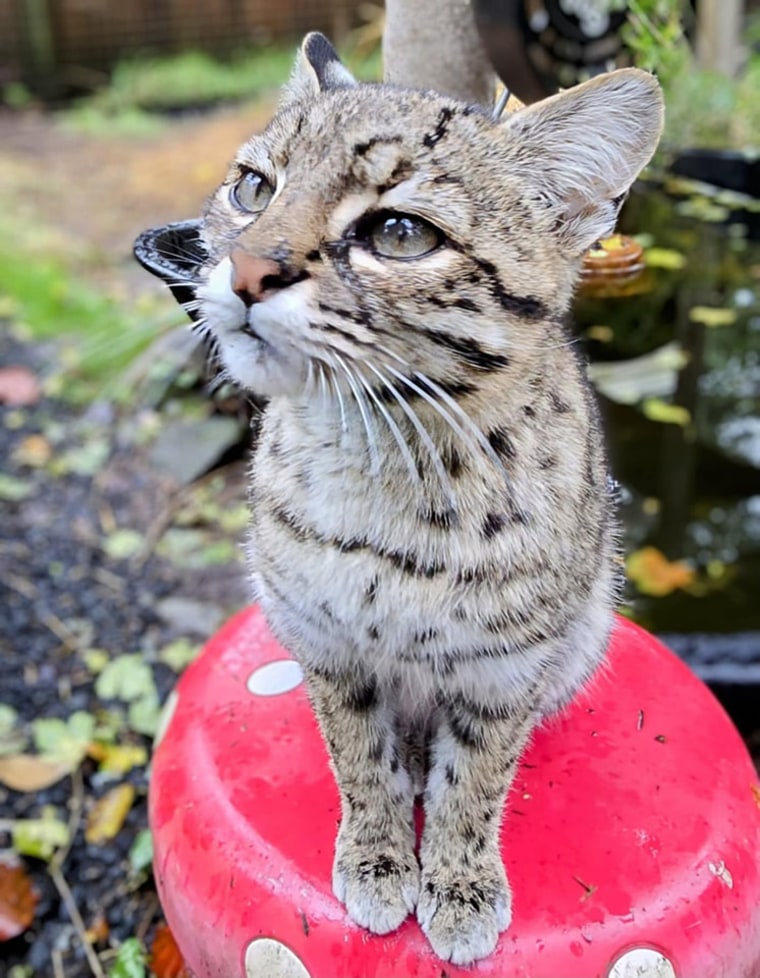20 big cats die from bird flu at Washington wildlife sanctuary
Bird flu ripped through a Washington state wildlife sanctuary, killing 20 big cats, the center said in a Facebook post, calling the deaths a “significant loss.”
The first cat got sick around Thanksgiving, Mark Mathews, director of the Wild Felid Advocacy Center in Shelton, told NBC affiliate KING-TV of Seattle. By early December, the state had confirmed cases of bird flu in their cats.
In a Facebook post Friday, the sanctuary announced the deaths. They include five African servals, four cougars, four bobcats, two Canada lynx and one each of the following: Bengal cat, Amur/Bengal tiger, African caracal, Geoffroy’s cat and Eurasian lynx.
“This tragedy has deeply affected our team, and we are all grieving the loss of these incredible animals,” the sanctuary said, asking the community for assistance.
Mathews told KING-TV that at the end of November, he had 37 cats and now he has 17.
Some of the cats were featured on the sanctuary’s website. Tabbi, an endangered half-Bengal and half-Amur tiger, enjoyed playing in the water, the site states. Hannah, a cougar, was brought to the sanctuary as a cub from Wyoming after her mother was killed. The website described Hannah as “sweet” and said she liked “sneaking up on volunteers.” Mouse, a Geoffroy’s cat and one of the smallest animals at the sanctuary, captured the hearts of everyone who met her, the website stated.
Mathews told KING-TV that the deaths were a living nightmare.
“Every day, it’s just kind of you wake up and you think hopefully it’s a bad dream, but it’s not,” he said.

Health officials confirmed that more than half of the sanctuary’s animals had contracted avian influenza, the Facebook post stated. The virus primarily spreads through infected bird secretions and droppings. Carnivorous mammals can contract it by coming into contact with infected birds or a contaminated environment. The sanctuary said cats are particularly vulnerable to bird flu and symptoms can progress rapidly, “often resulting in death within 24 hours due to pneumonia-like conditions.”
To protect the other animals and prevent further spread, the sanctuary is under quarantine and will remain closed until further notice.
The deaths come as zoos across the country have started taking precautionary measures. Five zoo animals died from bird flu outside Phoenix and one animal died at a zoo in Seattle.

